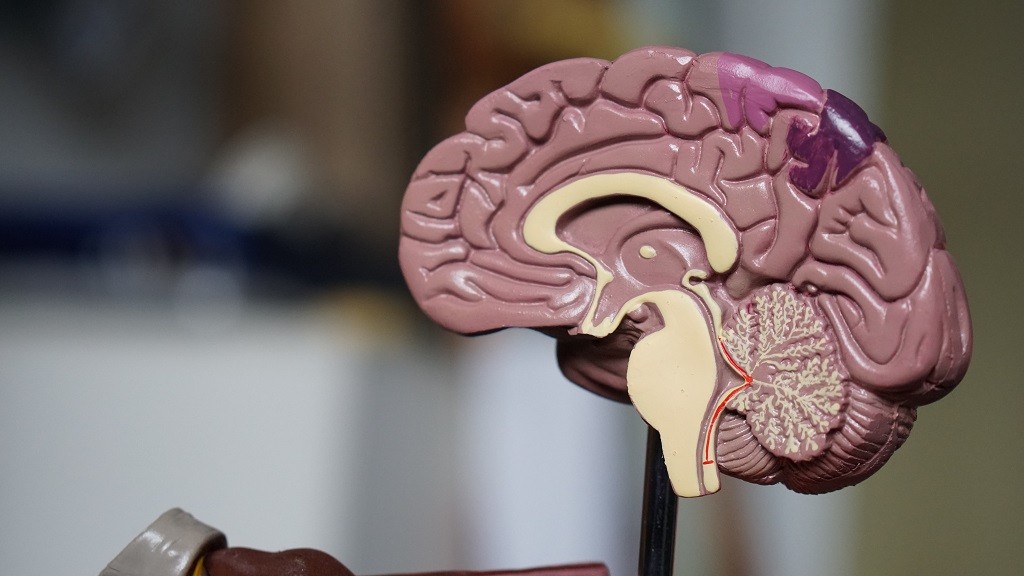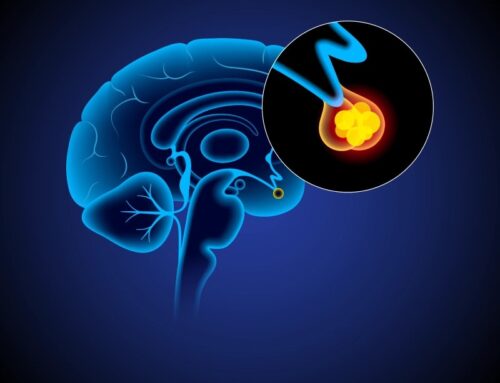Most pituitary tumors cause too much secretion of the hormones in charge of the vital functions of the body. Some of these tumors can cause the pituitary gland to produce higher or lower levels of hormones. Most of them are noncancerous growth–adenomas that stay in surrounding tissues around the pituitary gland or the pituitary gland itself but do not spread to other parts of the body.
People with pituitary tumors may experience the signs and symptoms which we have highlighted in this blog. Thankfully, pituitary tumor treatment can help to curtail this health condition. Continue reading this blog on the signs and symptoms associated with a pituitary tumor.
Signs and Symptoms
A sign is something that other people can notice and explain in a sick person. Signs include an elevated pulse, rash, or fever. While a symptom is something that can be identified and measured by the sick person only. Symptoms include pain, nausea, or fatigue. Signs and symptoms work hand-in-hand because together, they can describe a medical condition.
Below, we have highlighted the signs and symptoms of pituitary tumors, which together may ascertain the presence of a pituitary tumor. However, these signs and symptoms may also indicate the presence of a different ailment. This is because not all pituitary tumors cause symptoms. The majority of them are discovered on CT, MRI, or another imaging test.
Signs of Pituitary Tumor
- Irritability
- Headaches
- Mood changes
- Unexplained fatigue
- Vision problems
- Infertility
- Irregular menstrual cycles
- Unexplained production of breast milk or breast growth
- Erectile dysfunction
- Acromegaly
- Cushing’s syndrome
Symptoms of Pituitary Tumor
Pituitary tumors cause symptoms in three ways. Here are the three ways pituitary tumor causes symptoms:
By Pressing on the Pituitary Gland
By pressing on the pituitary gland, it causes it to produce insufficient levels of one or more of the following hormones.
- Prolactin
Insufficient production of prolactin leads to an inability to produce breast milk, thus causing breastfeeding to be impossible.
- TSH
Too little Thyroid-stimulating Hormone causes weight gain, constipation, sensitivity to cold temperatures, low energy, and fatigue.
- Growth Hormone
Insufficient production of growth hormone leads to an overall sick feeling, weakening of bone, poor muscle strength, late growth in children, and irritability.
- Gonadotropins
Too little production of gonadotropins causes irregular menstrual cycles, erectile dysfunction, and decreased sex drive.
- ACTH
Low levels of Adenocotropical Hormones cause stomach upset, low blood, low energy and fatigue, and low blood sugar.
By Making too Much of One or More of the Following Hormones
Producing too much of one or more of the following hormones leads to the over-secretion of these hormones, thereby leading to pituitary tumors.
- TSH
Too much Thyroid Stimulating Hormone leads to an increased level of production of thyroid hormone. This can cause irritability, nervousness, weight loss, thin skin, increased sweating, heart disease, high blood pressure, and fast heart rate.
- Growth Hormone
Symptoms of over-secretion of growth hormones depend on the age of the patient. In adults, over-secretion of growth hormone causes high blood sugar, high blood pressure, headaches, pains, carpal tunnel syndrome, increased snoring, and sleep apnea. While in children, over-secretion of growth hormones causes excessive height and body size.
- Follicle Stimulating Hormone and Luteinizing Hormone
Although too much production of these hormones is usually not high enough to cause pituitary tumor symptoms, they can cause irregular menstrual cycles and infertility. in very rare cases
- Prolactin
Over-secretion of prolactin –a hormone that is responsible for the secretion of progesterone and the stimulation of lactation – causes sudden secretion of breast milk. It can also lead to infertility, erectile dysfunction, osteoporosis (the weakening of the bones), inability to have or sustain an erection, and an irregular menstrual cycle.
- ACTH
Over-secretion of Adrenocorticotropic Hormone causes easy bruising, stretch marks, brittle bones, mood swings, high blood sugar, high blood pressure, and weight gain, especially in the body’s trunk or torso.
Pressing on the Optic Nerves
By pressing on the optic nerves, it causes either double vision or loss of all or part of a person’s sight.
Conclusion
Pituitary tumors can be caused by the secretion of too much or too little of some hormones in the body. Some of its signs include headaches, pains, unexplained fatigue, irritability, mood changes, unexplained fatigue, vision problems, infertility, irregular menstrual cycles, erectile dysfunction, and more. We hope that you found this blog enlightening. To learn more, contact our Dr Robert Louis at Orange County Neurosurgeon or Call 949-383-4185 today.


















